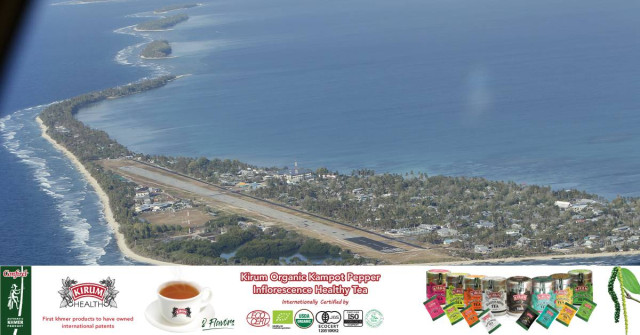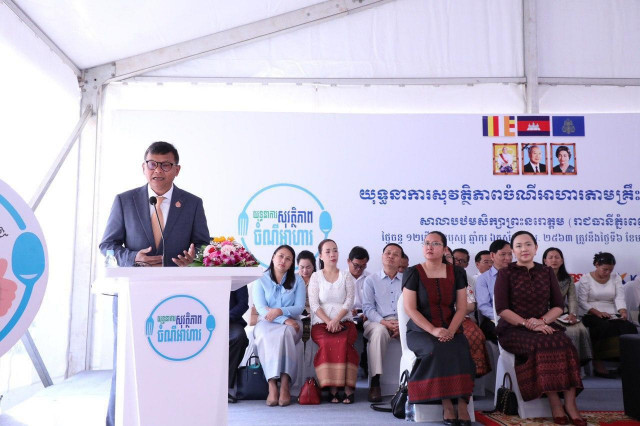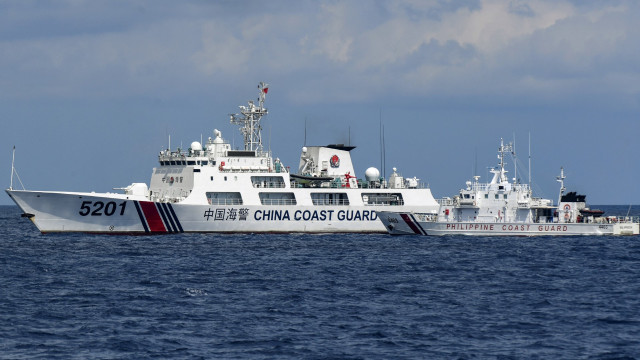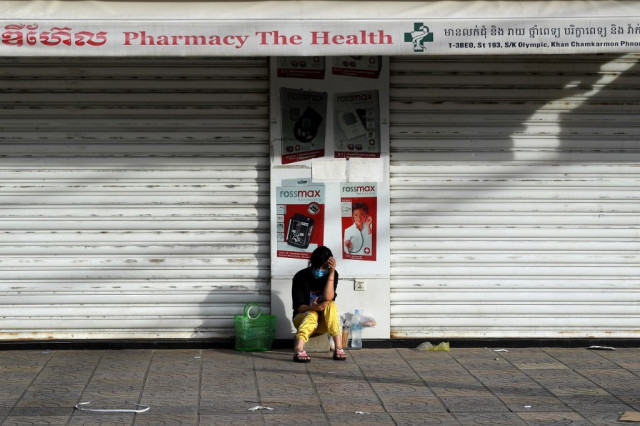Feleti Teo is Named Tuvalu's New Prime Minister After Elections that Ousted Taiwan Supporter

- By Associated Press (AP)
- February 26, 2024 12:00 PM
MELBOURNE, Australia— Tuvalu's former Attorney General Feleti Teo was named prime minister of the tiny South Pacific nation Monday after elections a month ago ousted the last government leader.
Teo was the only candidate nominated by his 15 lawmaker colleagues and Governor General Tofiga Vaevalu Falani declared him elected without a vote, government secretary Tufoua Panapa said in a statement.
The swearing-in ceremony for Teo and his Cabinet will be held later this week.
It was not immediately clear how the new government will affect China's influence in the country of around 11,500 people halfway between Australia and Hawaii.
The previous prime minister, Kausea Natano, and three of his eight ministers were not reelected in the Jan. 26 election.
Natano had wanted Tuvalu to remain one of only 12 countries that have official diplomatic ties with Taiwan, the self-governed democracy that China claims as its own territory.
Natano's former Finance Minister Seve Paeniu, who was considered a leadership contender, had argued for Tuvalu's relationships with both Beijing and Taiwan to be reviewed.
A proposed security treaty between Tuvalu and Australia could be rewritten or scrapped under the new government. The treaty, announced in November last year, commits Australia to help Tuvalu in response to major natural disasters, pandemics and military aggression.
Australia offered Tuvaluans a lifeline to help residents escape the rising seas and increased storms brought by climate change. Tuvalu's low-lying atolls make it particularly vulnerable to global warming. Australia would initially allow up to 280 Tuvaluans to come to Australia each year.
The treaty, which has yet to be ratified, also would give Australia veto power over any security or defense-related agreement Tuvalu wants to make with any other country, including China.
Tuvalu lawmaker Enele Sopoaga, who was prime minister until the previous election in 2019, opposes the treaty.
Before Teo was announced prime minister, Meg Keen, director of the Pacific Island Program at the Lowy Institute, a Sydney-based think tank, said the new government would review the treaty and "put their own stamp on it."
"My view is refinements can be negotiated and the deal has a good chance of proceeding," Keen said.















